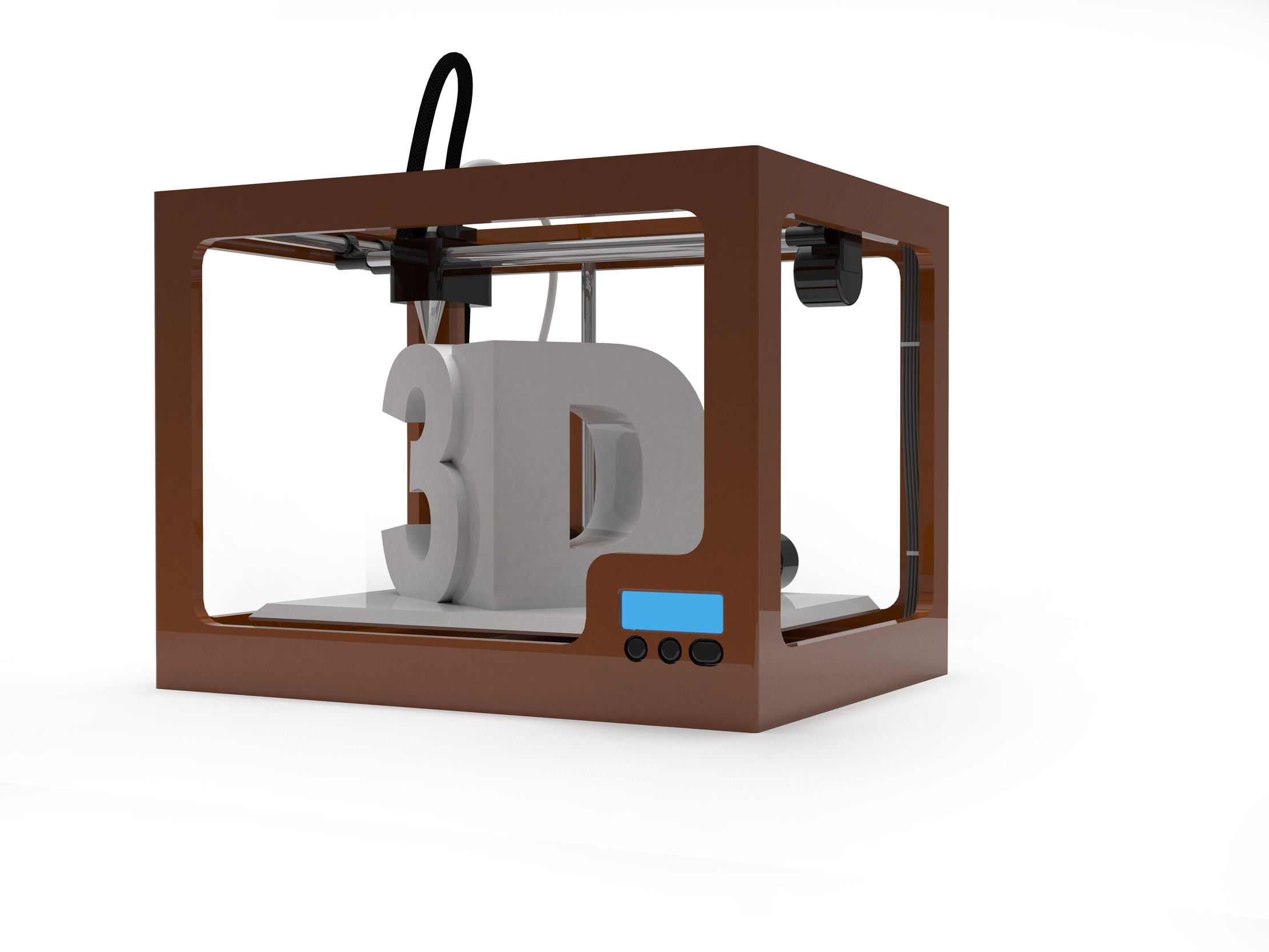3D printing health risks flagged
Poor ventilation could lead to serious health issues, even death, claim researchers.


Sign up today and you will receive a free copy of our Future Focus 2025 report - the leading guidance on AI, cybersecurity and other IT challenges as per 700+ senior executives
You are now subscribed
Your newsletter sign-up was successful
3D printing has been hailed as a breakthrough technology for the design, development, and production of new products.
It has even been posited that 3D printing could be used to build a permanent base on the surface of the moon.
The process has been shown to have significant aerosol emissions in industrial environments
However, researchers from the Illinois Institute of Technology in Chicago (Illinois Tech) and the Institut National des Sciences Appliques in Lyon (INSA de Lyon) have warned that the use of commercial 3D printers in the home and office, rather than in an industrial setting, could present serious health problems for those around them.
The key problem is the use of heated plastic in the majority of commercially available desktop 3D printers, the researchers claim.
Most desktop 3D printers use either acrylonitrile butadiene styrene (ABS) or polylactic acid (PLA) as a thermoplastic feedstock.
The paper cites previous research which has shown that when used in industry, heating these plastics and using them in a nozzle produces particles and toxic gasses, including carbon monoxide (CO) and hydrogen cyanide (cyanide).
Other, less commonly used plastics, such as PVA, PC and HDPE have also been shown to produce toxic emissions.
Sign up today and you will receive a free copy of our Future Focus 2025 report - the leading guidance on AI, cybersecurity and other IT challenges as per 700+ senior executives
"Many desktop 3D printers rely on heated thermoplastic extrusion and deposition, which is a process that has been shown to have significant aerosol emissions in industrial environments," the report says.
The researchers warn that several recent studies have shown the type of emissions given off by the plastics used in desktop 3D printers are linked to higher levels of cardio-respiratory mortality, increased hospital admissions for stroke and a greater number of asthma symptoms.
"Because most of these devices are currently sold as standalone devices without any exhaust ventilation or filtration accessories, results herein suggest caution should be used when operating in inadequately ventilated or unfiltered indoor environments," the researchers add.

Jane McCallion is Managing Editor of ITPro and ChannelPro, specializing in data centers, enterprise IT infrastructure, and cybersecurity. Before becoming Managing Editor, she held the role of Deputy Editor and, prior to that, Features Editor, managing a pool of freelance and internal writers, while continuing to specialize in enterprise IT infrastructure, and business strategy.
Prior to joining ITPro, Jane was a freelance business journalist writing as both Jane McCallion and Jane Bordenave for titles such as European CEO, World Finance, and Business Excellence Magazine.
-
 ITPro Best of Show NAB 2026 awards now open for entries
ITPro Best of Show NAB 2026 awards now open for entriesThe awards are a fantastic opportunity for companies to stand out at one of the industry's most attended shows
-
 Mistral CEO Arthur Mensch thinks 50% of SaaS solutions could be supplanted by AI
Mistral CEO Arthur Mensch thinks 50% of SaaS solutions could be supplanted by AINews Mensch’s comments come amidst rising concerns about the impact of AI on traditional software